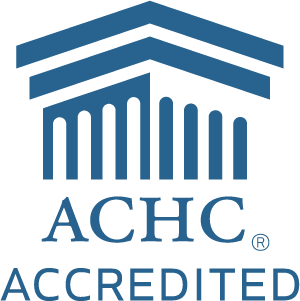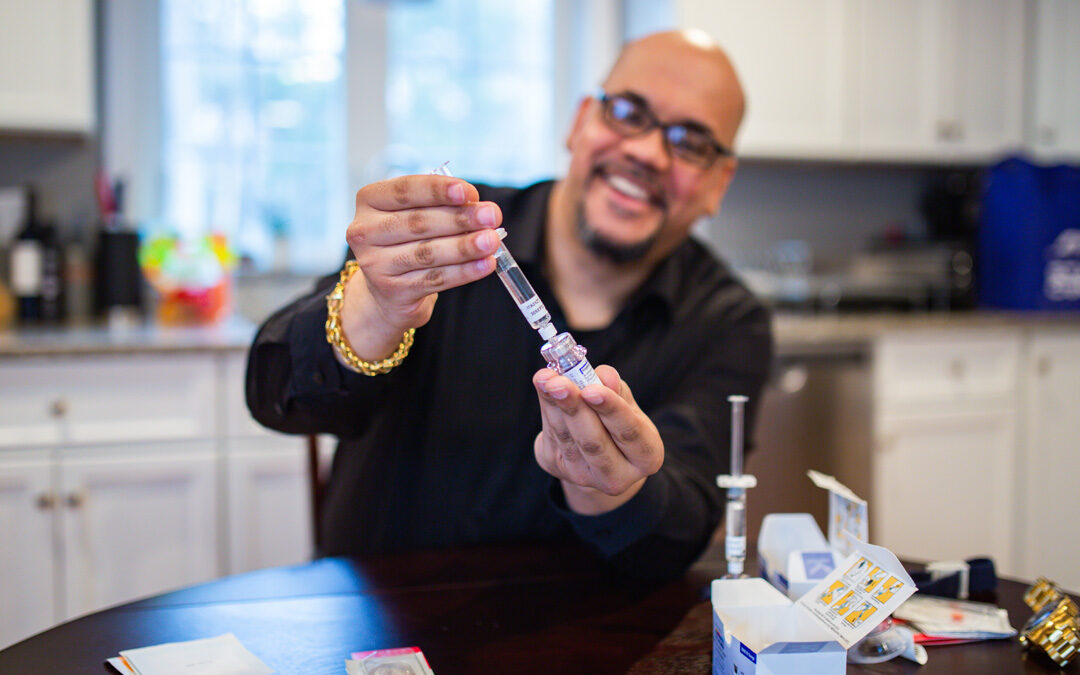If you have hemophilia, you know there are precautions you need to take. However, what may be safe for someone without hemophilia can be dangerous for you. Understanding what you should avoid with hemophilia can help you confidently navigate daily life. People with hemophilia and other bleeding disorders don’t need to live in fear, but you can prevent complications and even life-threatening conditions by knowing what medications to avoid and which ones to use. Read on to learn all about hemophilia and medication.
What Is Hemophilia?
Hemophilia is a bleeding disorder. In circumstances where blood normally clots, this does not happen. This means that events like injuries, where blood clotting is vital to protecting you from further damage, can be much more dangerous if you have hemophilia. As a result, you need to watch out for things that can worsen the condition.
Hemophilia Treatments and Medications
Treatments are constantly developed as knowledge and technology improve. Different treatments are prescribed depending on what type of hemophilia you have. It’s essential to notify your doctor of any medications you may be taking to ensure effective treatments. To have the best quality of life, you want to ensure that any medication you take aligns with your treatment plan. Avoiding specific medications that can make the condition worse is a part of that.
Your treatment team may prescribe prophylactic infusions to prevent bleeding or on an as-needed basis (on-demand). At Mylyfe Specialty Pharmacy, we specialize in providing at-home infusion therapy medications and services to make your treatments as stress-free as possible. When looking to understand which medications to avoid with hemophilia, knowing your treatment options is helpful.
Hemophilia and Medication: What to Avoid
Since hemophilia is a bleeding disorder, it’s important to avoid any potential risks that could exacerbate the condition. Some medications are off-limits if you have hemophilia. These include commonly prescribed drugs like aspirin, ibuprofen, and other non-steroidal anti-inflammatory drugs. NSAIDs work by reducing inflammation and pain and are easily and readily available. However, if you or a loved one have hemophilia, these drugs can be dangerous. This is because their use can cause increased bleeding. If you have hemophilia, you want to avoid anything that will exacerbate or cause bleeding.
For pain management, you can use other popular over-the-counter remedies like Tylenol. These do not carry the same risks as Ibuprofen and other NSAIDs. Although it may seem like a small thing to do, avoiding these specific medications can go a long way in improving your quality of life.
Lifestyle and Daily Prevention
In addition to avoiding NSAIDs and other medications that can cause problems, people with hemophilia should also follow basic lifestyle guidelines as added protection. Heavy contact sports like hockey, football, or wrestling do come with increased risks. We recommend you have an open and honest conversation with your doctor and treatment team to see if these sports are advised and if so, what you can do to best protect your body while participating. You also want to be wary of situations where falls and bruising are likely and prepare in advance. For example, always wear a helmet and padding for things like bike rides and skateboarding, as excess bleeding can occur with an accidental bump or bruise. While you can’t prevent every form of circumstance, you can be equipped to protect yourself against exacerbating or triggering a bleed when you have hemophilia.
Learn More About Hemophilia Medication Services at Mylyfe
If you have hemophilia and are interested in switching to services at Mylyfe Specialty Pharmacy, enroll today.
Personalized Care,
Professional Excellence
Improving Your Quality of Life Is Our Mission





